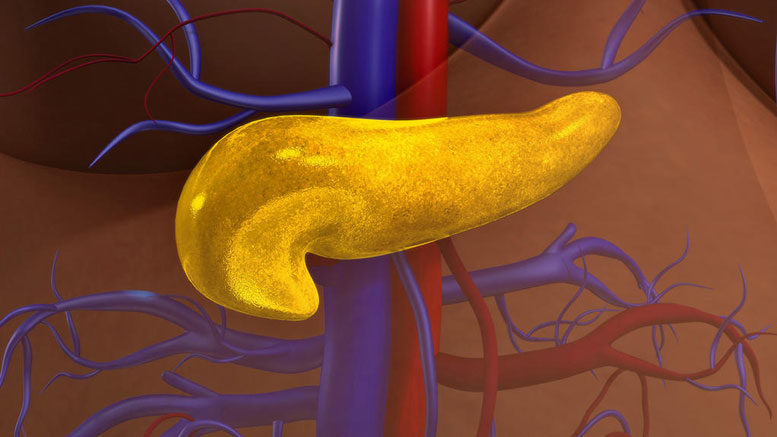
A new study finds that pancreatic cancer cells use glucose to survive and also to spread to other organs. Credit: Yale University
New research from Yale University reveals that pancreatic cancer cells use glucose to survive and also to spread to other organs.
Pancreatic cancer is a particularly deadly form of disease, and patients have few options for effective treatment. But a new Yale-led study has identified a gene that is critical to pancreatic cancer cell growth, revealing a fresh target for new therapies.
Senior author Narendra Wajapayee, associate professor of pathology, and his research team started with the premise that cancer cells need specific nutrients to survive and divide quickly. They searched gene data sets to find genes involved in metabolism regulation that were highly expressed in pancreatic cancer tissue compared to normal pancreatic tissue. Out of 13 metabolic genes identified, they narrowed their search to four that when blocked, reduced the growth of pancreatic cancer cells. Further studies in animal models showed that one particular gene — PON2 — was required for the growth of pancreatic tumors and their spread to other organs, such as the liver and lungs.
The research team found that PON2 increases the ability of pancreatic cancer cells to use glucose to not only survive but also thrive while migrating to other parts of the body. With this insight, Wajapayee and his colleagues are working to develop inhibitors to block PON2 and cancer growth.
Read the full paper in Molecular Cell.
Reference: “Paraoxonase 2 Facilitates Pancreatic Cancer Growth and Metastasis by Stimulating GLUT1-Mediated Glucose Transport” by Arvindhan Nagarajan, Shaillay Kumar Dogra, Lisha Sun, Neeru Gandotra, Thuy Ho, Guoping Cai, Gary Cline, Priti Kumar, Robert A. Cowles and Narendra Wajapeyee, 10 August 2017, Molecular Cell.
DOI: 10.1016/j.molcel.2017.07.014
Summary: Metabolic deregulation is a hallmark of human cancers, and the glycolytic and glutamine metabolism pathways were shown to be deregulated in pancreatic ductal adenocarcinoma (PDAC). To identify new metabolic regulators of PDAC tumor growth and metastasis, we systematically knocked down metabolic genes that were overexpressed in human PDAC tumor samples using short hairpin RNAs. We found that p53 transcriptionally represses paraoxonase 2 (PON2), which regulates GLUT1-mediated glucose transport via stomatin. The loss of PON2 initiates the cellular starvation response and activates AMP-activated protein kinase (AMPK). In turn, AMPK activates FOXO3A and its transcriptional target, PUMA, which induces anoikis to suppress PDAC tumor growth and metastasis. Pharmacological or genetic activation of AMPK, similar to PON2 inhibition, blocks PDAC tumor growth. Collectively, our results identify PON2 as a new modulator of glucose transport that regulates a pharmacologically tractable pathway necessary for PDAC tumor growth and metastasis.

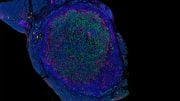
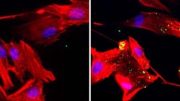


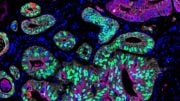
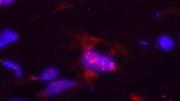

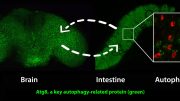
Be the first to comment on "New Yale Study Shows Paraoxonase 2 Facilitates Pancreatic Cancer Growth"